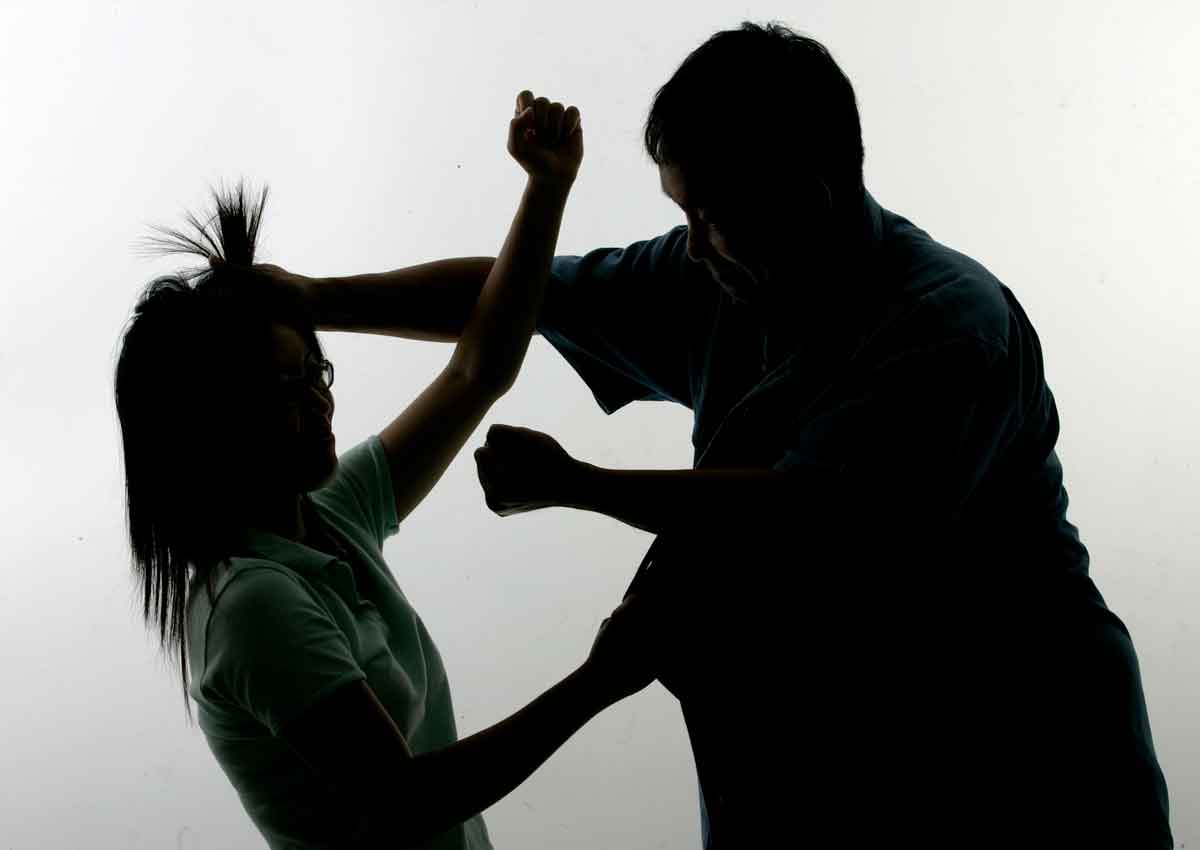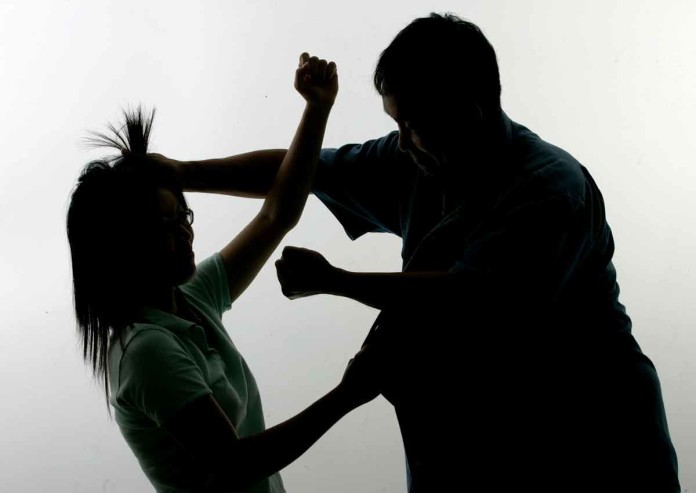Family violence is not a private matter, say the authorities, who are embarking on a three-year public education campaign to urge people to break the silence if they know someone is being hurt.
The campaign comes as family service centres tackle an increase in family violence, with an average of 1,400 cases reported annually. These include cases of child abuse, which surged to 551 last year, up from 263 in 2008.
In July, a woman and her boyfriend were sentenced to jail for abusing her son, two-year-old Mohamad Daniel Mohamad Nasser. He died after being slapped and kicked almost daily. The authorities did not know about Daniel, who died last year, until it was too late.
“Could we, or anyone, have sounded the alarm earlier? After all, we too could be a housemate, neighbour, relative, friend or passer-by to a victim of family violence who is crying out in distress,” said Minister for Social and Family Development Tan Chuan-Jin at the National Family Violence Networking System conference held at the Singapore Expo yesterday.
“As long as violence in the home is shrouded in silence, the violence will not cease… We can prevent other horror stories.”
Gabrielle, 48, created an artwork titled Speak Up And Reach Out, part of a roving exhibition by the Ministry of Social and Family Development that features art by survivors of family violence.
She said: “When I feel very low, I often share with my close friends and talk to God. I need to speak up, so they know my needs.”
At the conference, the Ministry of Social and Family Development (MSF) released a study that found that people did not come forward to report such cases because they feared it would cause families to break up.
Others saw it as a private matter, or were not sure what family violence entailed. The study included a poll of 2,000 people and focus group discussions with 102 participants.
“Not every report (on family violence) will lead to the break-up of families. Some social workers tell me early reporting can actually help save marriages and keep families intact,” said Mr Tan as he appealed to the audience of 800 professionals, from the judicial, law enforcement, healthcare, social services and academic sectors, to spread the word to get people in the community to flag such cases.
The three-year campaign will employ videos, roadshows and art exhibitions to educate the public on what family violence is, the signs and symptoms to look out for, where to seek help, and what a bystander can do when encountering situations of family violence.
It is encouraging people to share on social media, with the hashtag #breakthesilenceSG, how they stepped in to detect, prevent, interrupt or report suspected family violence cases.
To equip bystanders with resources on how to deal safely with such situations, MSF is distributing materials and running training sessions for community agencies such as grassroots, religious or educational organisations.
Last year, a video of an elderly woman being assaulted by her daughter along a Housing Board flat corridor went viral and prompted MSF to intervene. A police report was made and the daughter was charged.
In his speech at the event, Mr Lim Kok Thai, deputy commisioner of policy with the Singapore Police Force, said the neighbour who filmed it had seen it happen before.
“He had witnessed similar incidents almost daily for approximately six months. He was reluctant to report the incident as he felt that it was a family matter,” said Mr Lim.
Dr Sudha Nair, executive director of Pave, Singapore’s first family violence specialist centre, said the older victims often seek help after enduring years of abuse.
Beatrice, 14, while reflecting on her work of art, Embrace, said: “The bright warm sun shines through the gloomy clouds, like God saving a hurting soul. Shall I welcome and embrace the friendly smile?”
HOW TO STEP IN
DOs
• Approach the victim of abuse privately and make her feel understood.
• Express your concern and encourage her to share her feelings. Be patient and take time to listen.
• Offer to accompany her to see a doctor if she has any physical injuries.
• Inform her about sources of help and provide her with emotional and practical support.
• Help take care of her children or accompany her to the help agencies if needed.
DON’Ts
• Do not downplay the violence and tell the victim of abuse that everything will be fine.
• Do not try to solve her problem and insist that she must do what you say.
• Do not judge or criticise her decision even if she shows that she is not ready to do something positive about it. Respect her decision and assure her of your support if she decides to seek help.
RESOURCES
Family Violence Specialist Centres
• Pave: 6555-0390
• TRANS SAFE Centre: 6449-9088
• Care Corner Project StART: 6476-1482
Child Protection Specialist Centres
• Big Love: 6445-0400
• HEART@Fei Yue: 6819-9170
ComCare Call: 1800-222-0000 or go to http://www.stopfamily violence.sg
Said Mrs Yee-Chow Choy Yin, chief executive of Trans Family Services that specialises in elder abuse: “Already, people do not report explicit violence that they see and hear, what more when it comes to cases such as financial abuse of the elderly, which is even harder to detect?”
She said family members and close friends had to have awareness and act.

This article was first published on November 17, 2016.
Get a copy of The Straits Times or go to straitstimes.com for more stories.







